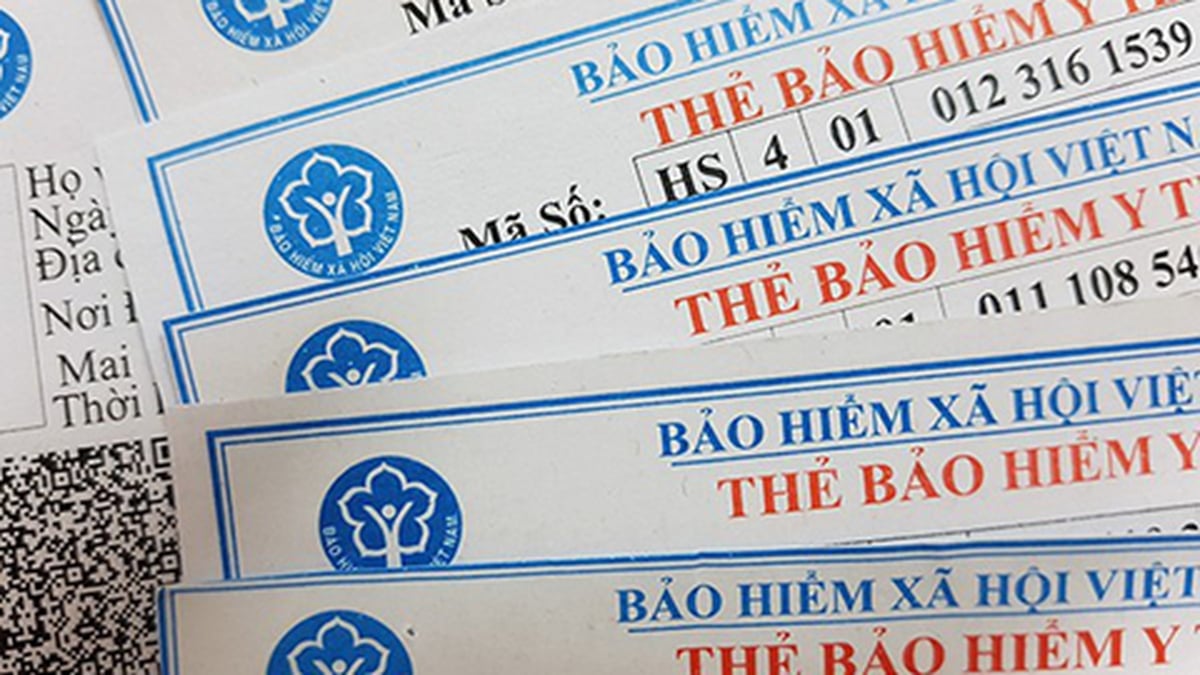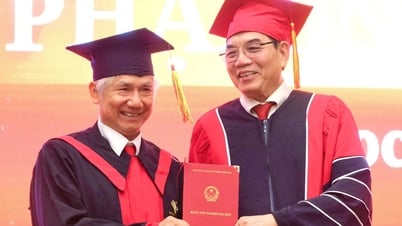Scientists at Stanford University (USA) on August 15 announced a breakthrough in the field of brain-computer interface (BCI), with the ability to convert thoughts into speech.
This technology opens up new hope for people who are severely paralyzed and have completely lost the ability to communicate verbally.
Unlike previous BCIs that relied on brain signals generated when a patient tries to move their lips or vocal cords, scientists at Stanford University focused on decoding “inner monologue,” or silent thoughts.
Lead researcher Erin Kunz said this is the first time scientists have understood the brain's activity patterns when a subject is just starting to think, and that promises to bring more natural communication to people with motor impairments.
The study involved four volunteers who were paralyzed by amyotrophic lateral sclerosis (ALS) or a brainstem stroke. Scientists implanted microelectrode arrays in the motor cortex - the area that controls speech.
Participants were asked to either try to say the words or just imagine them in their heads. Using artificial intelligence (AI) models, the researchers decoded the neural signal patterns associated with each phoneme and assembled them into complete sentences.
The results showed that the neural signals during “whispering” were quite similar to those during real speech, albeit weaker, and the system still achieved 74% real-time vocabulary recognition accuracy.
Faced with privacy concerns, the team developed a “thought password” mechanism that only triggers decryption when the user imagines a special phrase.
This mechanism was 98% successful in tests, giving users complete control over when their thoughts are translated into language./.
Source: https://www.vietnamplus.vn/phat-trien-cong-nghe-giai-ma-doc-thoai-noi-tam-bien-suy-nghi-thanh-loi-noi-post1056018.vnp






















![[Photo] “Moving forward with Vietnam” on the most romantic road in Vietnam](https://vphoto.vietnam.vn/thumb/1200x675/vietnam/resource/IMAGE/2025/8/16/0ee500bc59fd4468863261ee26f47fe7)
![[Photo] National Assembly Chairman Tran Thanh Man attends the program "Returning to the source - Towards the future"](https://vphoto.vietnam.vn/thumb/1200x675/vietnam/resource/IMAGE/2025/8/16/d081d9c162ee4ed9919e723aa322a53a)



![[Photo] General Secretary attends the inauguration ceremony of the Ministry of Public Security Headquarters](https://vphoto.vietnam.vn/thumb/1200x675/vietnam/resource/IMAGE/2025/8/16/3ceec3a24ef945c18ae2b523563b749d)




































































Comment (0)